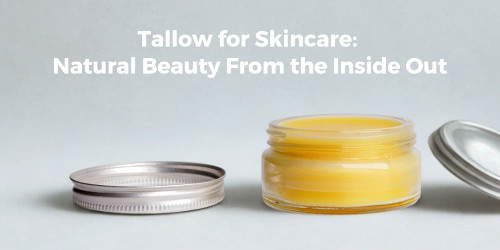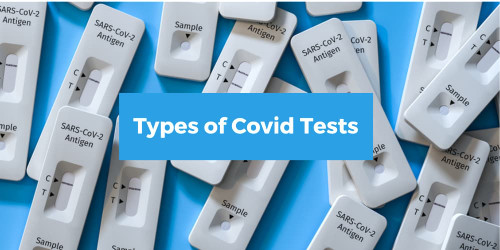Causes
In humans, Cushing's syndrome is often caused by prolonged exposure to high levels of cortisol, either due to excessive production by the adrenal glands or the use of corticosteroid medications. In dogs and cats, the primary causes are typically tumors affecting either the pituitary gland (pituitary-dependent Cushing's) or the adrenal glands (adrenal-dependent Cushing's).
Cushing's Syndrome in Dogs
Dogs, especially older ones, are
commonly affected by Cushing's syndrome. Some dog breeds, such as Poodles,
Dachshunds, and Boxers, are more predisposed to this condition.
Dogs with Cushing's syndrome may exhibit more noticeable symptoms. These can
include:
- increased thirst and urination
- potbelly appearance
- muscle weakness
- hair loss
- changes in behavior
Owners may observe their dogs drinking excessively, having accidents indoors, or displaying a decrease in energy levels. If you notice these signs in your furry friend, consult your veterinarian for a thorough examination.
Cushing's Syndrome in Cats
While less common in cats compared to
dogs, Cushing's syndrome can still occur.
Common signs include:
- increased thirst and urination
- changes in appetite
- weight loss
- altered behavior
Cushing's syndrome in cats often presents with subtle symptoms making it challenging to detect. It's crucial to seek veterinary attention if you observe any unusual changes in your cat's behavior or appearance.
Diagnosing Cushing's Syndrome
- Veterinary Consultation
If you notice any unusual symptoms in your cat or dog, a visit to the veterinarian is the first step. Provide a detailed medical history, including changes in behavior, eating habits, and any observed physical changes.
2.Blood and Urine Tests
Blood tests are conducted to measure cortisol levels, helping determine if they are elevated. Additionally, urine tests may be performed to assess cortisol levels over a longer period.
3.ACTH Stimulation Test
This test helps differentiate between PDH and adrenal-dependent Cushing's. It involves administering synthetic ACTH and measuring cortisol levels in response.
4.Imaging Studies
X-rays, ultrasounds, or advanced imaging techniques such as MRIs may be used to identify tumors in the pituitary or adrenal glands.
Cushing's Syndrome Management in Cats and Dogs
- Medication
Medications like trilostane or mitotane may be prescribed to regulate cortisol levels. These medications help manage symptoms and improve the overall quality of life for pets with Cushing's syndrome.
2.Surgery
In cases where tumors are the underlying cause, surgical removal may be considered. This is often an option for adrenal-dependent Cushing's.
3.Lifestyle Modifications
Managing Cushing's syndrome also involves making lifestyle adjustments. Providing a balanced diet, regular exercise, and minimizing stressors contribute to the overall well-being of your pet.
4.Regular Veterinary Check-ups
Regular check-ups are crucial for monitoring your pet's health, adjusting medications if needed, and addressing any emerging concerns.
Tips for Pet Owners
- Adherence to Medication
Strict adherence to prescribed medications is essential for effective management. Pet owners should follow veterinary recommendations and administer medications as directed.
2.Balanced Nutrition
A well-balanced diet is crucial for overall health. Consult with your veterinarian to determine the most suitable diet for your pet's individual needs.
3.Regular Exercise
Engaging your pet in regular, gentle exercise helps maintain muscle tone and supports weight management.
4.Stress Management
Minimizing stressors in your pet's environment is important, as stress can exacerbate symptoms. Provide a calm and comforting space for your cat or dog.
5.Routine Check-ups
Regular veterinary check-ups are vital for monitoring cortisol levels and adjusting treatment plans as needed. These visits contribute to the ongoing well-being of your pet.
Explore Medcart’s Pet Vitamins and Supplements for your pet needs















